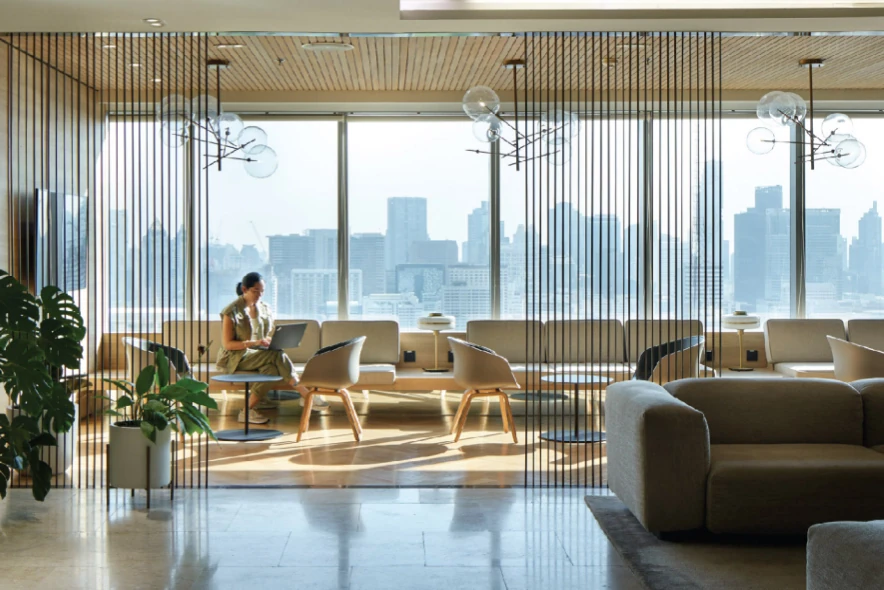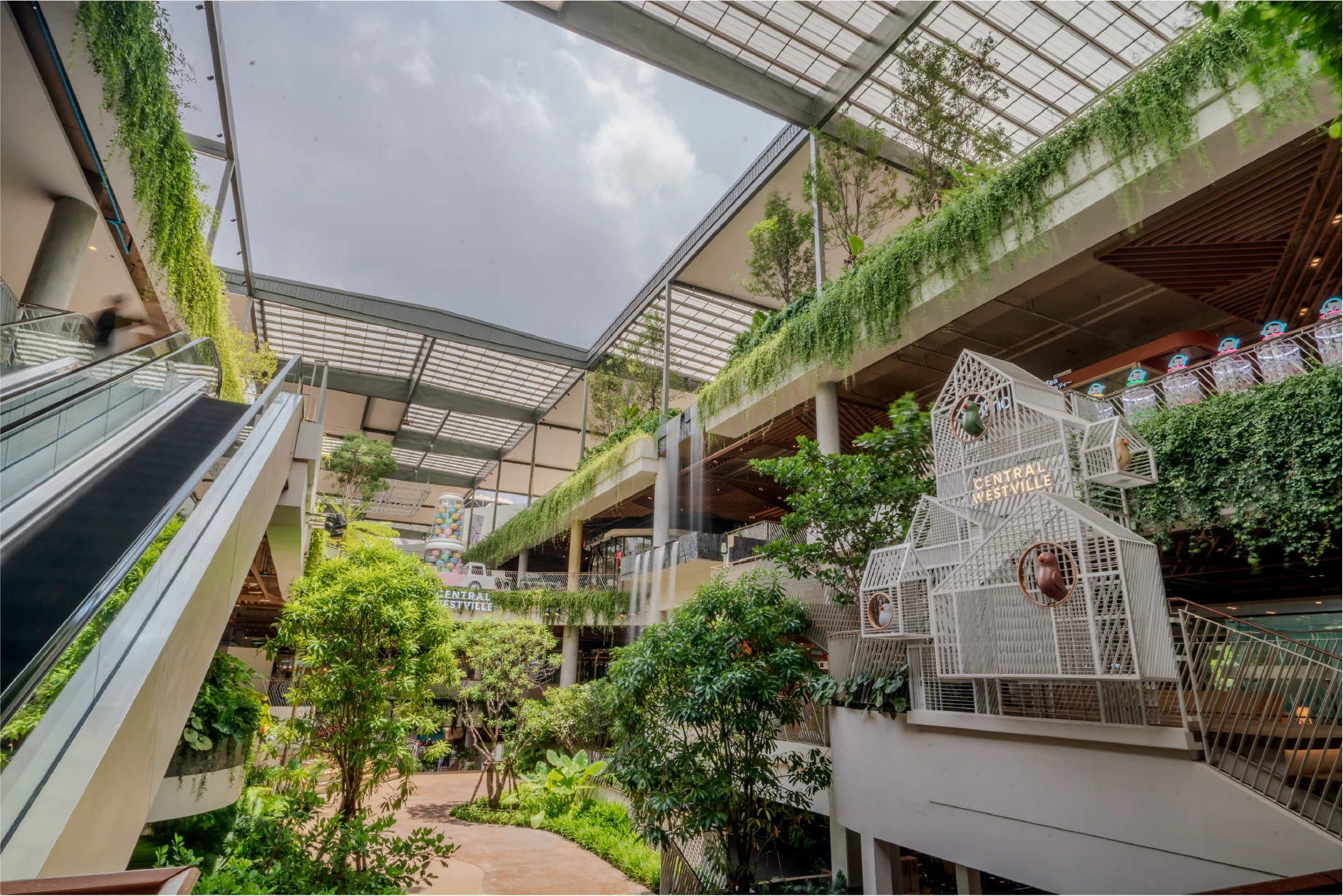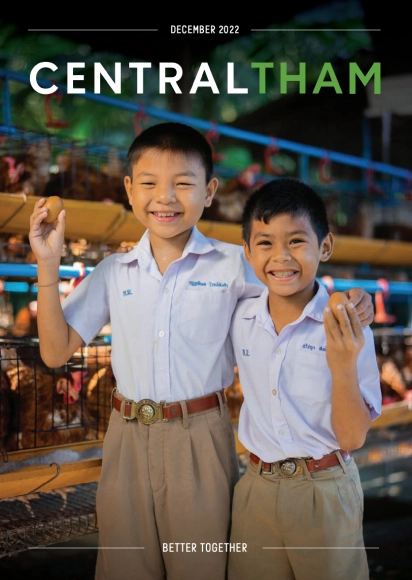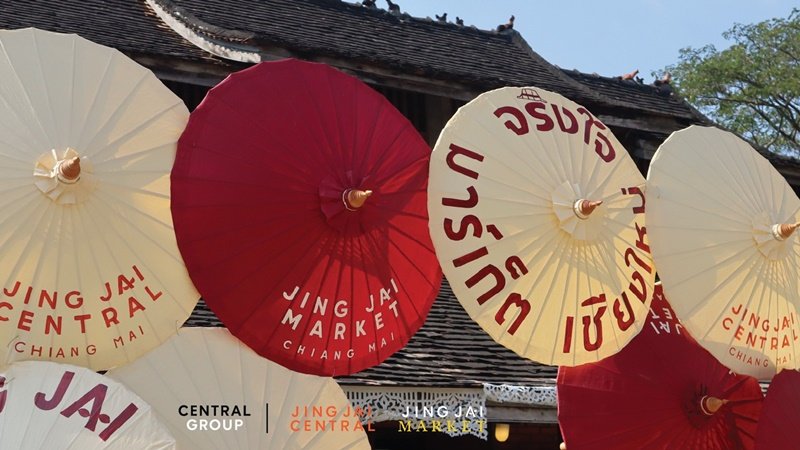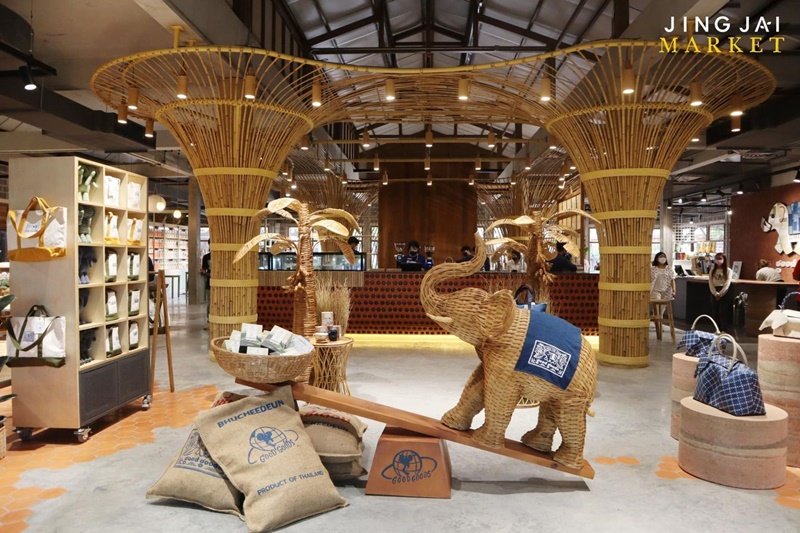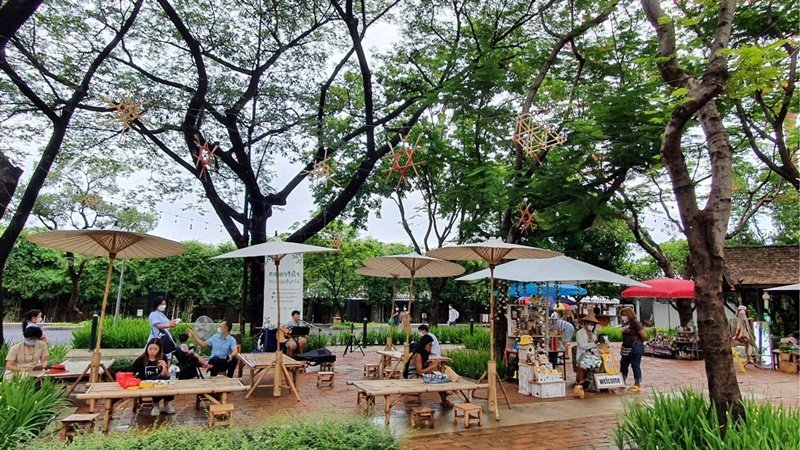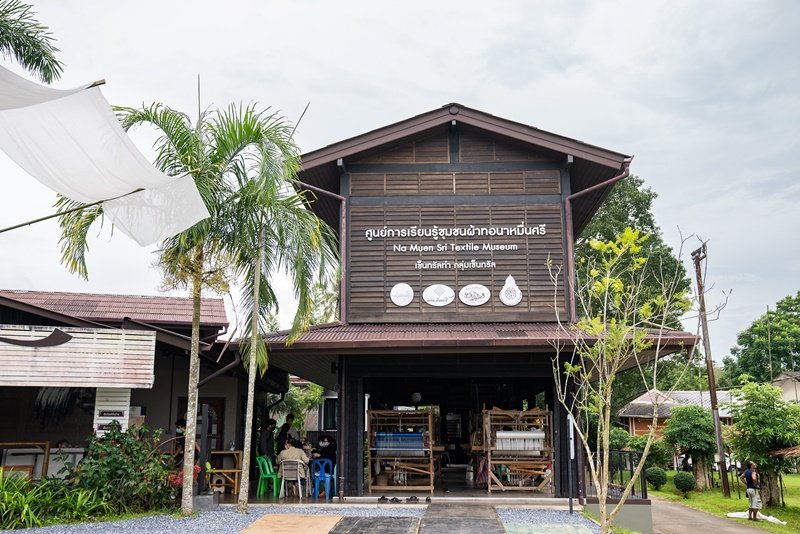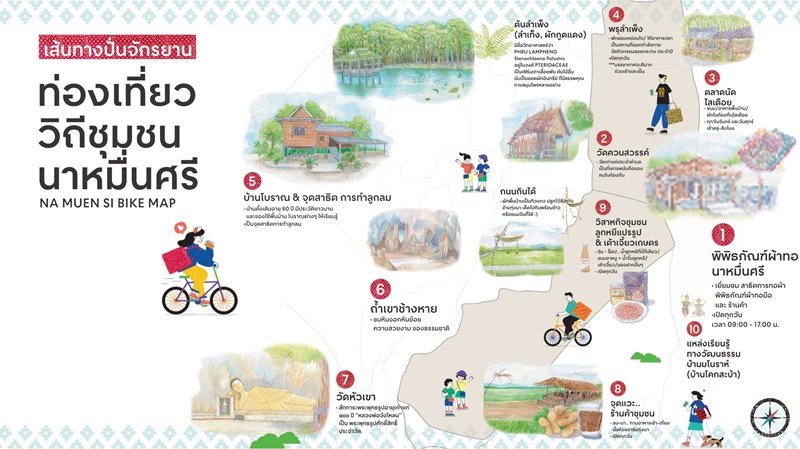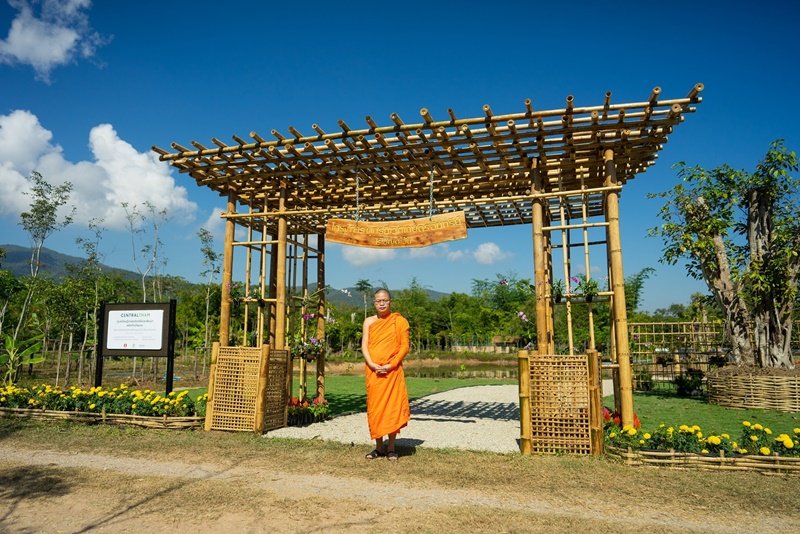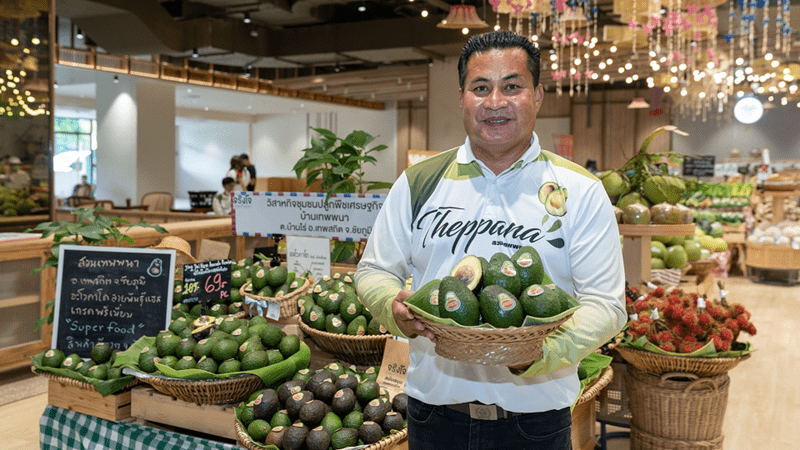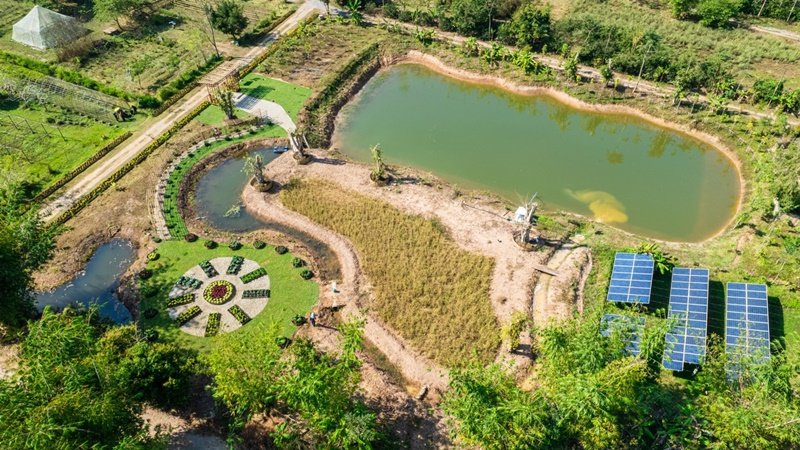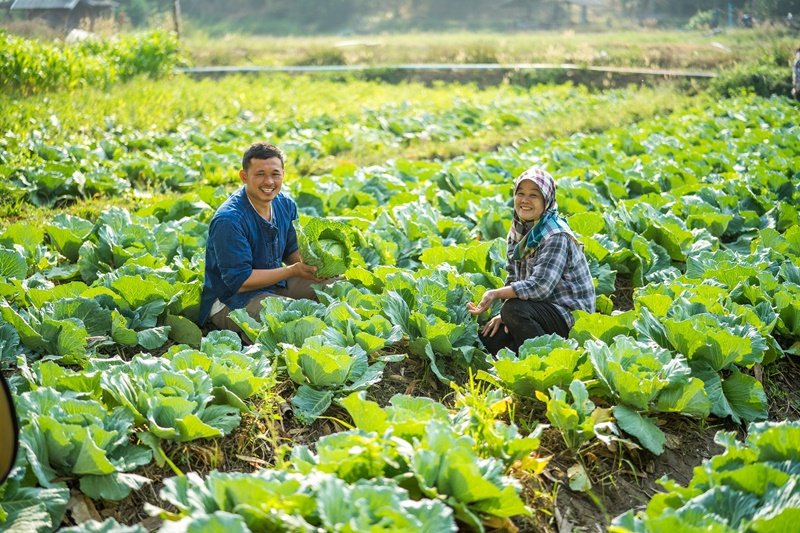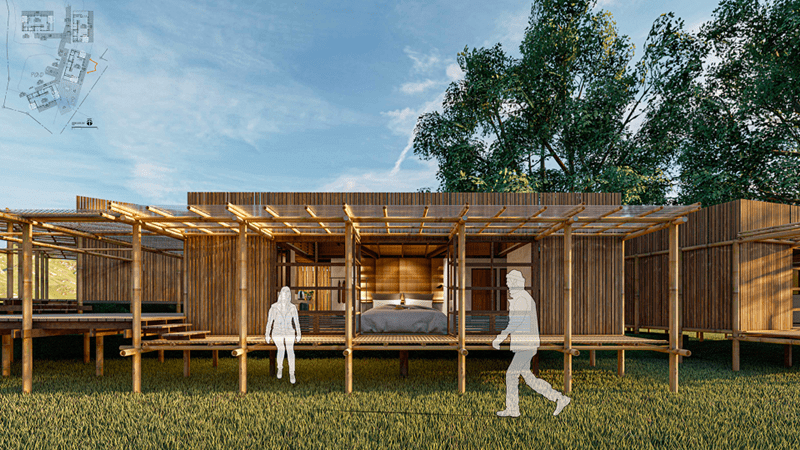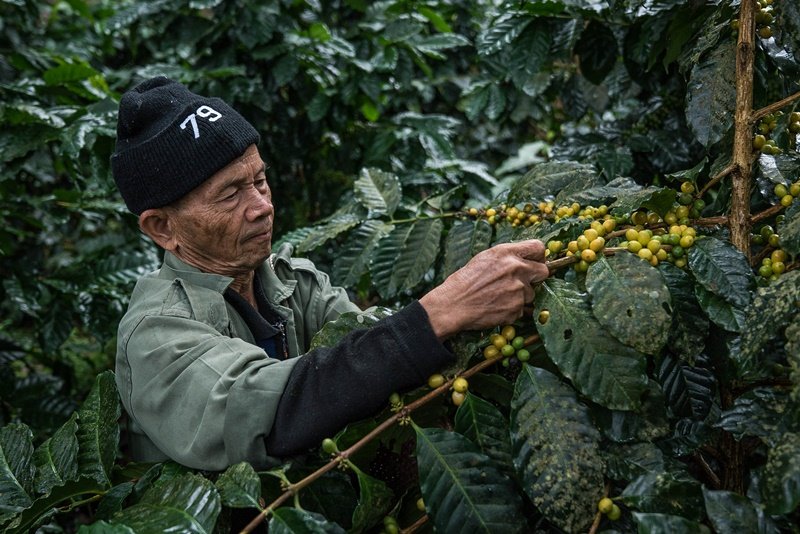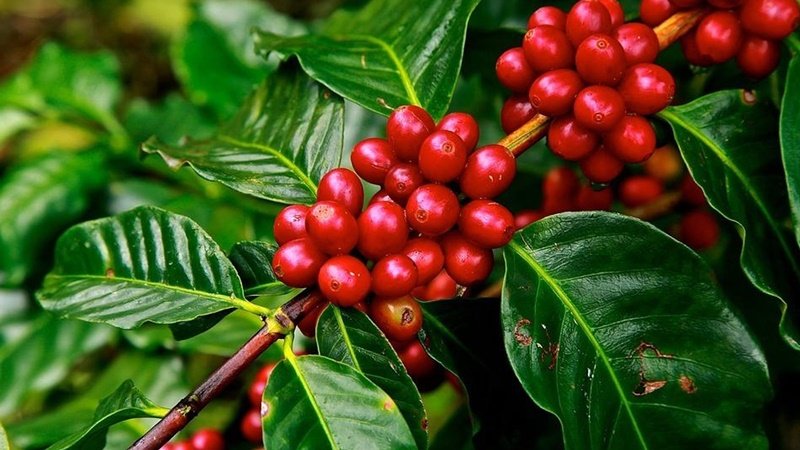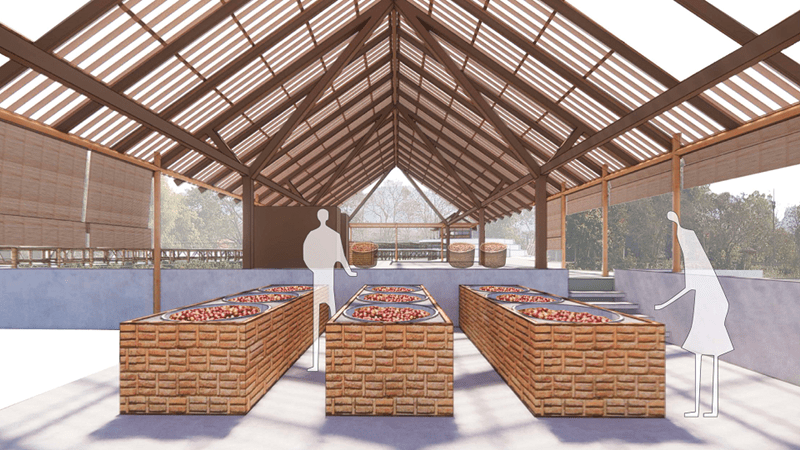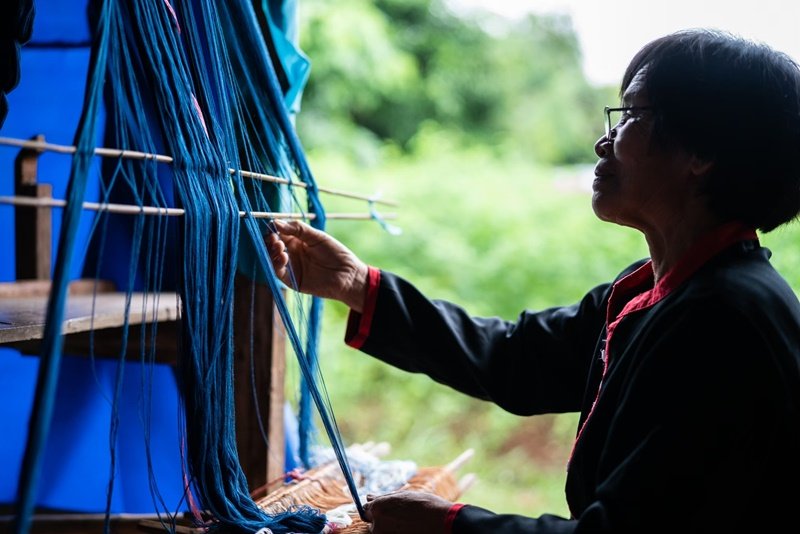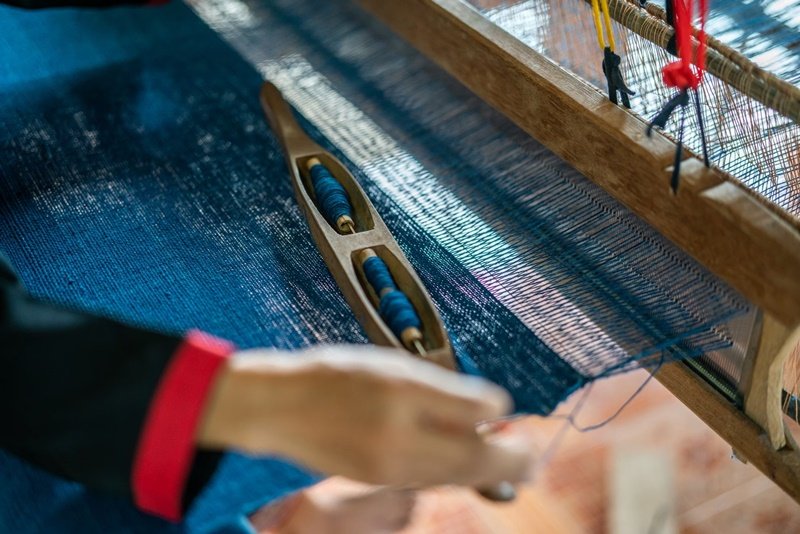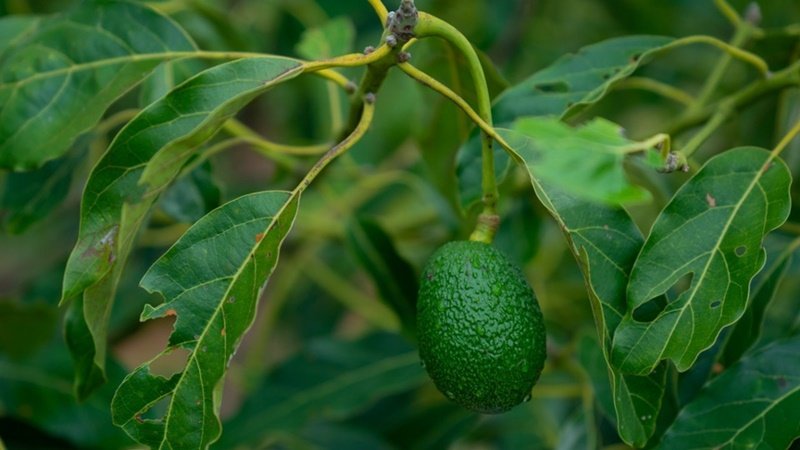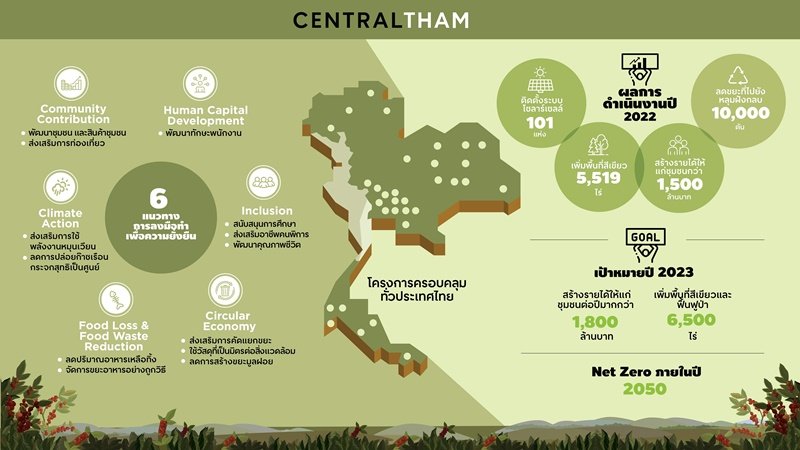"Central Tham" drives the community economy, improves the quality of life, protects the environment, and contributes to sustainable tourism
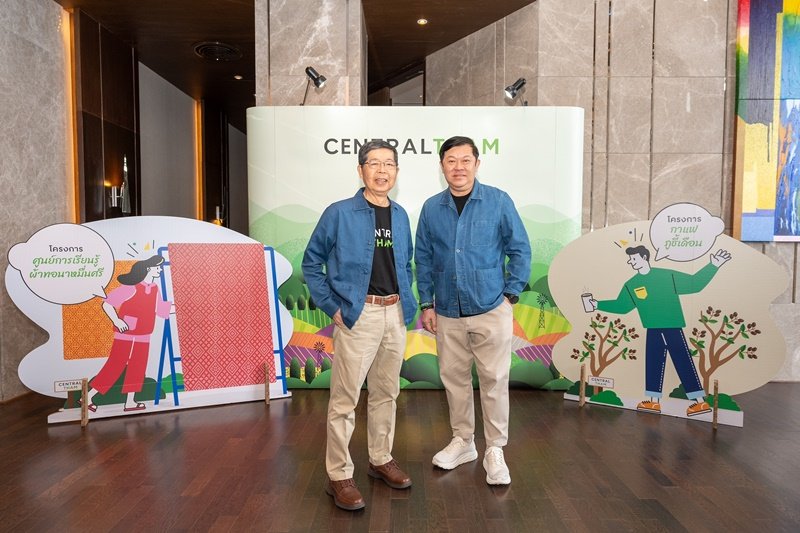
"Central Tham", Better Together, is a Central Group sustainability initiative that focuses on minimizing inequality and providing opportunities to all members of society together by transforming education into a hub of learning. Furthermore, it intends to promote careers for people with disabilities, as well as develop community economies, create jobs with stable income, share knowledge, support marketing communication channels, preserve and protect the environment in order to create a green world, and eventually guide all sectors toward sustainable tourism.
Mr. Pichai Chirathivat, Executive Director of Central Group, stated that the accomplishments of "Central Tham'' in 2022 were able to generate income of 1,500 million baht for the community, increased green areas and restore 5,519 rai of forests, reduced waste by recycling and reusing 10,000 tonnes of it, installed solar rooftop in 101 branches, and generate 71,500 MWh of electricity from solar energy. In 2023, Central Tham set a goal of generating 1,800 million baht in community income per year, increasing green areas, rehabilitating 6,500 rai (2,569.90 acres) of the forest, and striving for Net Zero in 2050 as part of a drive of 6 sustainability actions through 7 project highlights.
7 highlighted initiatives aimed at becoming a learning center and expanding into sustainable tourism from 2022 to 2023 are:
1. Jing Jai Market, Chiang Mai Province, is a community tourism project based on organic agriculture that started in 2012 and covers more than 28 rai (11.07 acres) in the Central Group's "Jing Jai Central Chiang Mai" area. The market is organized into 3 sections: Food, Art & Design, and Craft. In addition, there is a Tops Green store, the first green store, as well as a Good Goods store, which is a Thai social enterprise brand that carries on local wisdom and has developed in quality and modernized design to be contemporary with an emphasis on creating sustainable happiness for both locals and tourists. Each year, it contributes more than 40 million baht to the Thai economy. Jing Jai Market is a 100% no-foam market that encourages customers to bring their own cloth bags to store their purchases in order to lessen plastic waste. There are trash bins placed in the market to facilitate the transmission of the proper waste management process in accordance with the objectives of the Central Group's Journey to Zero project. More than 43,000 kilograms of food waste have been diverted from landfills, and a compost and biogas generator, COWTEC, was installed in the market in 2022 to turn food waste into fertilizer and biogas. Furthermore, some of the roads within Jing Jai Market are paved with recycled paving blocks made from plastic bags, which is an innovative approach to managing plastic garbage in a circular manner and increasing the sustainability of benefits. Between June 2022 and mid-March 2023, over 820,000 visitors visited Chiang Mai's Jing Jai Market.
2. Na Muen Sri Weaving Community Learning Center in Trang Province, a cultural tourism community that is outstanding both in terms of culture and natural beauty, is another area where the Central Group supports the construction of the "Na Muen Sri Weaving Museum" to collect ancient hand-woven fabrics with a history of more than 200 years as well as inherit ancient identity patterns. In 2022, the income for the community was over 7.3 million baht and there were 155 community members participating. Currently, "Na Muen Sri Weaving Community Learning Center" is regarded as a prototype of a cultural preservation-based learning center. Every month, different representatives from the government and private sectors pay regular visits. In 2023, a tourist route and information signs were put in place to teach tourists about community tourism resources, and community tourism knowledge training was established to prepare the community to welcome tourists.
3. Cherntawan Buddhist Ecological Learning Center for Organic Agriculture, Chiang Rai Province is an organic community tourism project in which Central Tham collaborates with Pramaha Vuttichai Wachiramatee (Than W. Wachiramethi), the founder of Cherntawan International Meditation Center (Chiang Rai), and network partners to expand the Chuentawan Phuttha Niwet organic farming initiative towards "a prototype of a learning center for organic farming innovation." It is a learning resource for farmers in pure and chemical-free farming, focusing on the use of new theory agriculture to develop community enterprises, the economy, society, and the environment for sustainability on 2 rai (3,200 square meters) of land. It has been in operation since 2013 and has so far instructed 13 classes. In 2023, Central Tham intends to expand organic farming to 13 rai (5.14 acres), with 3 rai (4,800 square meters) dedicated to food crops and cash crops and 10 rai (3.95 acres) dedicated to home-grown vegetables and local herbs.
4. Mae Tha Sustainable Organic Farming Community, Mae On District, Chiang Mai Province, organic farming community tourism based, was created as a result of Central Tham collaborating with the Earth Net Foundation and a number of other organizations to promote and support various aspects to make the Mae Tha Sustainable Living Project as a model project on an area of 9 rai (3.56 square meters). It aims to bring together members of the new generation to designate space for various benefits, as well as to support the Mae Tha Sustainable Living Space Project in order to support new activities that are in line with sustainable agriculture today. Furthermore, Central Tham has steadily increased its capacity for processing more agricultural products, positioning it as a model community for organic farming and welcoming visitors to learn about organic farming and sustainable lifestyles. In order to encourage tourists and farmers to reside closer to the community, Central Tham built 4 homestays in the area. It has the potential to produce more than 5 million baht in revenue for the community by 2022.
5. Bhu Chee Duen Forest Preserving Coffee, from Chiang Rai Province, is an eco-community tourism initiative focusing on organic coffee and forest preservation at Bhu Chee Duen, which is an origin of single and natural organic Arabica coffee cultivated with care under preserved trees for the healthy growth of coffee trees and the sustainability of the environment and the community. Central Tham has supported the community enterprise of the Bhu Chee Duen Forest Preservation Organic Coffee Group in Chiang Rai, encouraging farmers in the community to switch from monoculture farming and chemical use to forest-preserving coffee. It imports original Typica and Muldering breeds from overseas for planting in the Bhu Chee Duen natural forest, which is protecting the forest by planting coffee on over 1,500 rai (593.05 acres). It was able to generate over 6 million baht in revenue for the community in 2022, with over 84 members participating.
6. The Ban Kut Chik indigo-dyed fabric community in Sakon Nakhon Province is a community-based cultural tourism project on which Central Tham collaborated with the Department of Community Development to support the development of the Ban Kut Chik weaving group, with an emphasis on cooperation between communities and organizations to find strengths and uniqueness. In addition, the community plants cotton and indigo to produce natural colors on their own. The Central Group has elevated the unique talents of this community and passed on the skills, knowledge, and expertise that the Central Group possesses in order to develop products and promote sales and marketing in order to generate income and create employment for local people. Central Group has created new patterns, supported a dyeing factory, supported distribution channels, and developed Sakon Nakhon indigo fabrics into a variety of products under the name "good goods." This initiative has generated income for the community while also preserving the weaving culture. In 2022, with a total of 30 community participants, Central Tham earned more than 1 million baht in annual income for the community.
7. The Learning Center for Agricultural Product Development and Community Products, Ban Theppana, Thep Sathit District, Chaiyaphum Province, is an organic agriculture-based community tourism initiative and 1 of only 7 Hass avocado growers in Thailand. Hass Mexican avocados are the community's primary product which is the best breen in the world. Growing Hass avocados was started for sustainable agriculture and to help farmers in the area earn more income. Avocados are valuable cash crops with high demand in both domestic and foreign markets. The network was then extended to over 1,000 avocado growers on over 2,000 rai (790.74 acres) of plantation land. Central Tham project of the Central Group has contributed to the community by developing community tourism with an organic agriculture approach and developing a tourist route in collaboration with the Chaiyaphum Provincial Tourism and Sports Office to support the growing number of tourists each year. The community had over 400 members and a revenue of more than 3 million baht in 2022. It intends to grow by 100 people per year.
In addition, Central Tham focuses on reducing inequality, expanding educational opportunities, developing human resources, and promoting and creating jobs opportunities for people with disabilities so that they can support themselves in the long run. In 2022, Central Tham promoted Project-based Learning through real-world practice in accordance with the sufficiency economy philosophy. It established 47 learning centers in collaboration with network partners to improve and develop education courses, develop the necessary skills for students to meet labor market needs, and generate job prospects. Furthermore, Central Tham applied the guidelines of the Cooperative Education Project, with 5 schools involving a total of 10,527 students from 3 provinces.
A teacher coaching training was arranged by Central Tham to help them transition from memorization to understanding learning and joyfully learning together. The training enhanced teachers' coaching skills, enabling them to encourage students to think, dare to question, and dare to achieve their full potential. 89 teachers from 11 schools in 8 provinces participated.
In terms of promoting and creating careers to increase job opportunities for people with disabilities, Central Tham has improved the quality of life by designing and improving various areas to facilitate living and promoting vocational skills for people with disabilities by sharing knowledge, teaching skills, and building a career to restore their potential and generate sustainable income for them. Aside from Central Tham collaborating with the Redemptorist Foundation for People with Disabilities and creating opportunities by hiring more than 80 full-time employees at the foundation's Contact Center, there is also a promotion of job creation for the Disabled People's Association in Udon Thani through the basket weaving project and selling them in the Good Goods shop. Since 2022, a total of 2,256,420 baht in income has been returned to the association, and more than 45 people with disabilities have been given jobs, resulting in a higher standard of living. People with disabilities who work in the plastic basket weaving project earn an average of 15,000 baht per month. Aside from a steady income, these people with disabilities must also be accepted by society. They also want to contribute something back to the community by assisting and sharing with others. Central Tham is currently expanding basket weaving training for underprivileged groups and the elderly in Udon Thani province, resulting in income and a better quality of life.
Central Tham arises from the cooperation of all parties working together to continuously drive the economy while also finding ways to coexist with local tourism in order to develop it as a model learning center that can be used further in the surrounding provinces through the strength of the communities. Furthermore, it is a step toward sustainable tourism that emphasizes the value and uniqueness of each area while also being responsible for resources and the environment in order to improve people's quality of life.

